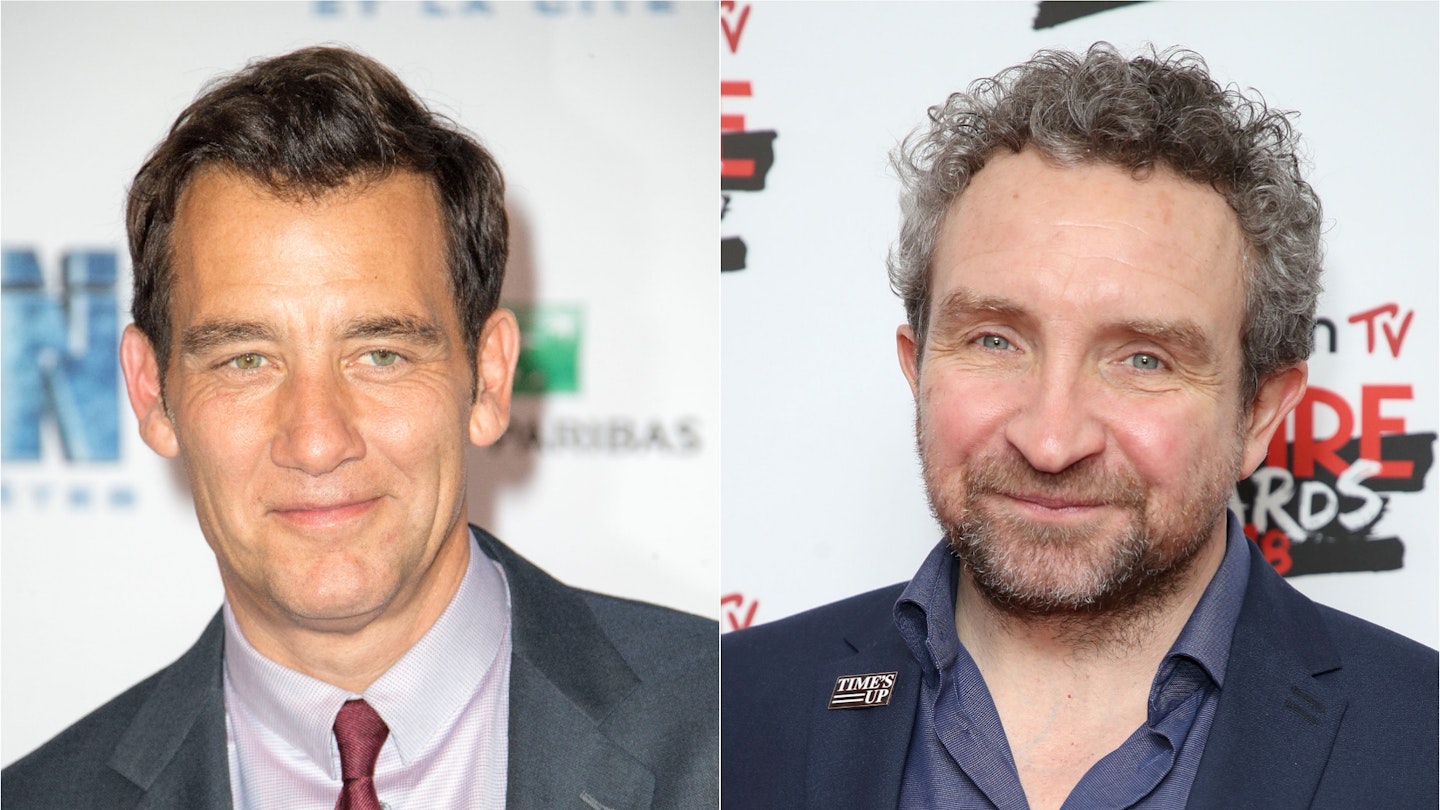Entebbe has a problem to solve. A familiar one, incidentally, to anyone who’s ever filmed the gunfight at the O.K. Corral. Namely, how do you get around the issue that the action centrpiece to the film is over so quickly? Three minutes, in this case (while the O.K. Corral was done and dusted in just 30 seconds). John Sturges solved it by ignoring the truth and setting wagons on fire over his eight-minute shoot-out; Tombstone, meanwhile, is big on Sergio Leone-style close-ups. For Entebbe, José Padilha bolsters his running time by intercutting the action with a live dance performance. It’s an interesting solution, if not a particularly successful one.
Entebbe tells two stories — that of the hijackers and the hostages on the ground in Uganda, and also of the Israeli government trying to work out what to do about their demands. Specifically their demanding of $5 million and the release of 53 pro-Palestinian prisoners. (A third strand, that of a dancer and her soldier boyfriend that gives us our finale, comes later, and makes next to no dramatic impression.)
Of the four hijackers, it’s Rosamund Pike and Daniel Brühl’s German couple on whom the film focuses most attention. Their motivations are told in flashbacks, and the action in the hot, dusty abandoned terminal of Entebbe airport is seen through their eyes. But it’s all surface. Brühl’s Wilfried Böse has the most going on — torn between the cause he believes in and the fact they’re using innocent civilians as leverage — but it’s not explored with nearly enough depth.
Entebbe tries to be too many things, and doesn’t do any of them well enough.
Back in Israel, the government’s debates come down to a back-and-forth between the Prime Minister, Yitzhak Rabin (Ashkenazi), and Minister Of Defence, Shimon Peres (Marsan). Rabin favours negotiating, Peres wants to send in a rescue team. It’s heavy on exposition, but there’s some fun to be had as the opposing positions state their cases, and Peres tries to put a plan into motion — the approach to the terminal is to be made in a black Mercedes like the one Ugandan President Idi Amin travels in. When only a tan one can be found, it’s hastily spray-painted.
But by the end, it’s hard to escape the fact that Entebbe tries to be too many things, and doesn’t do any of them well enough. Slothfully paced when it needs to be brisk, it struggles to make us care for the hostages in any meaningful way. There are vague attempts — a family is threatened with being split up as the hijackers separate Israeli citizens from the rest — but they’re only asides, and fail to take emotional hold. It’s symptomatic of the whole film — it almost works, but ultimately falls short.



